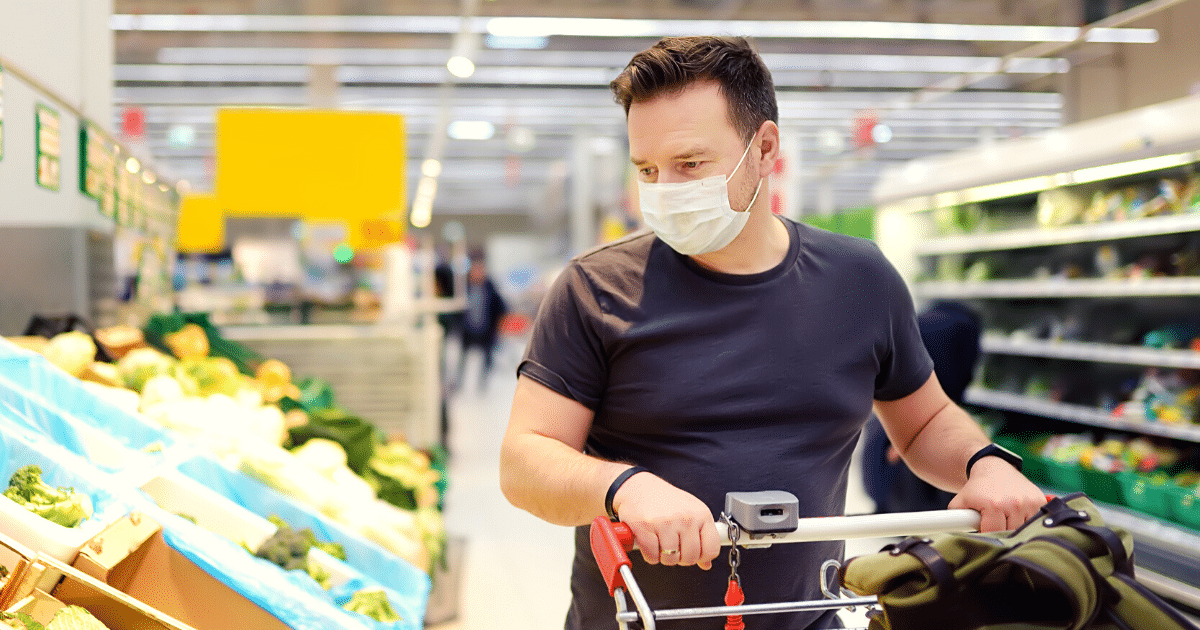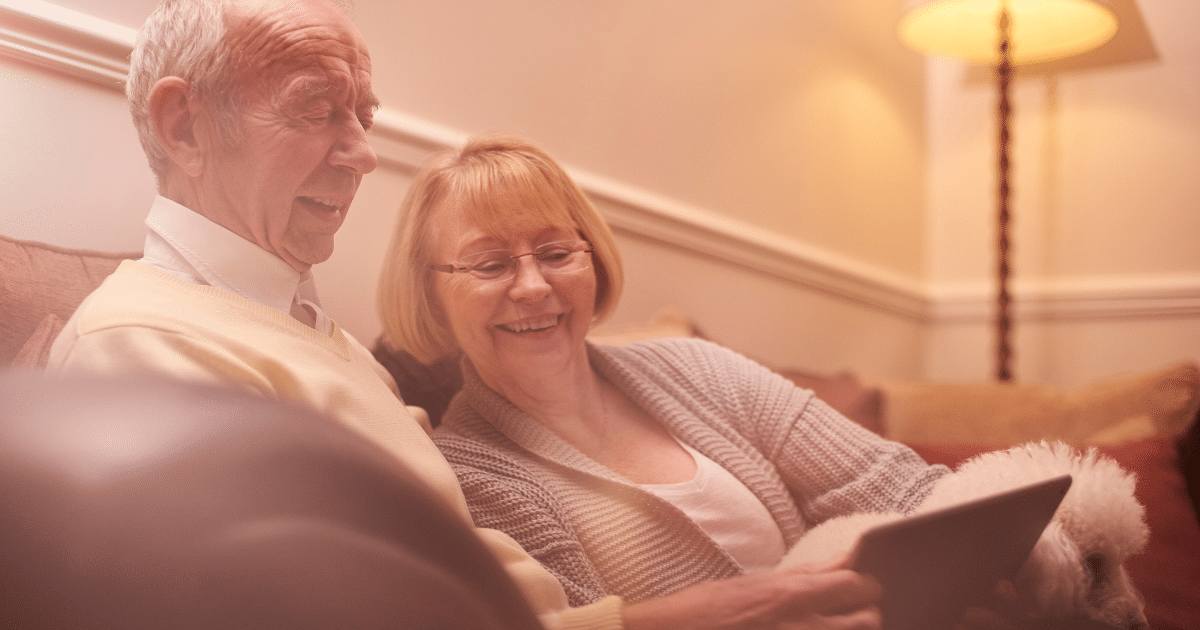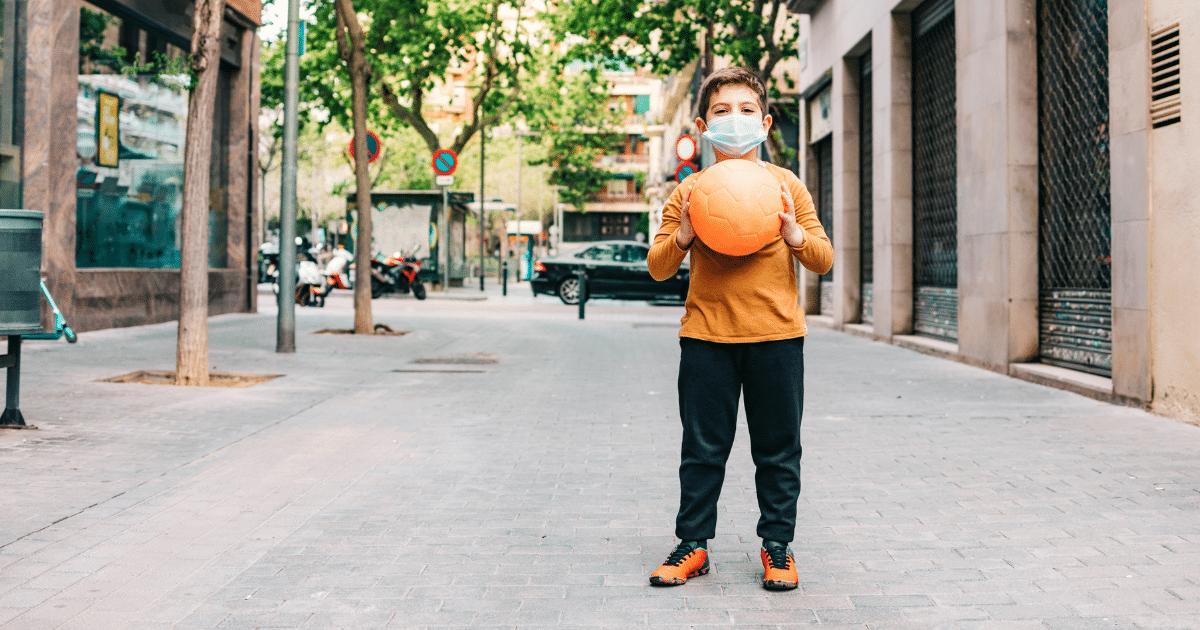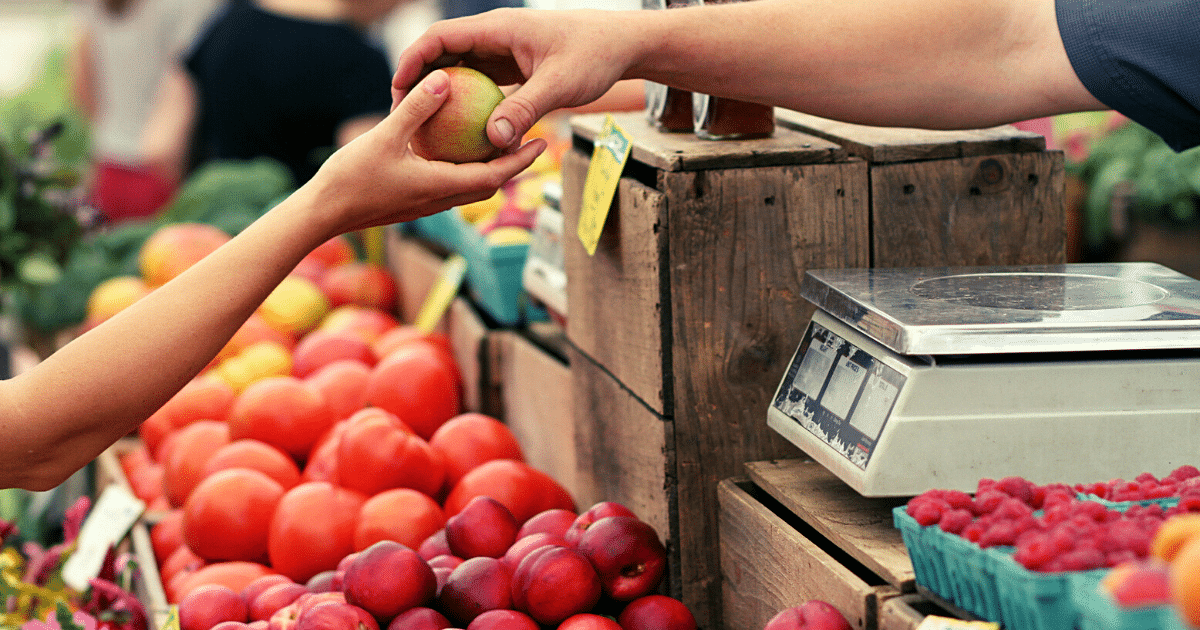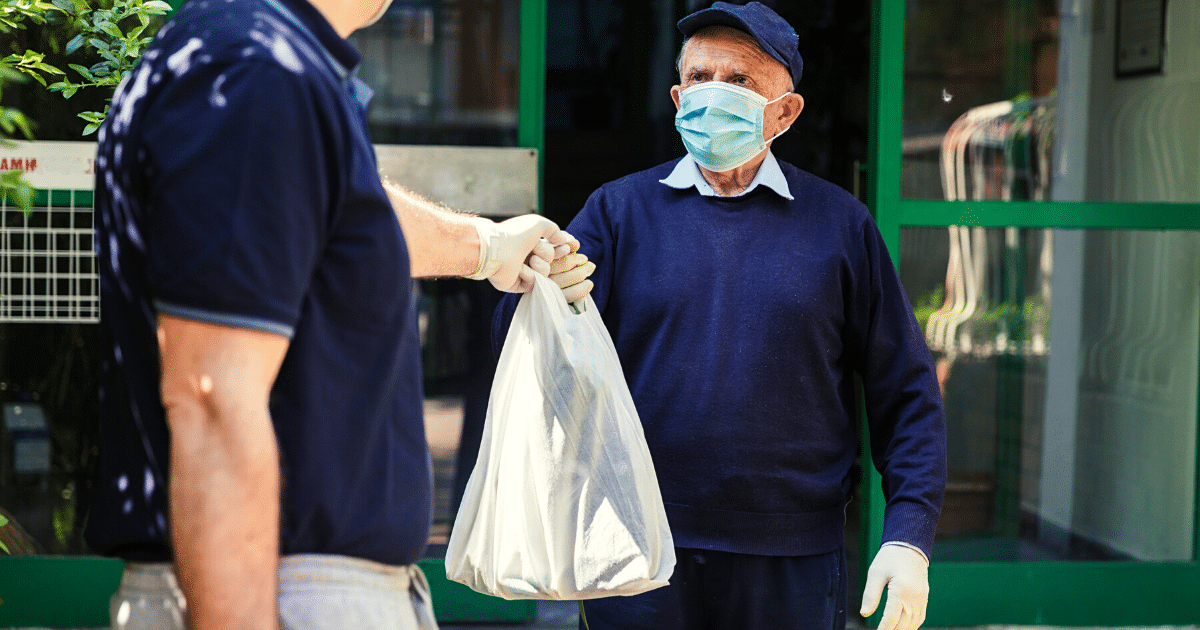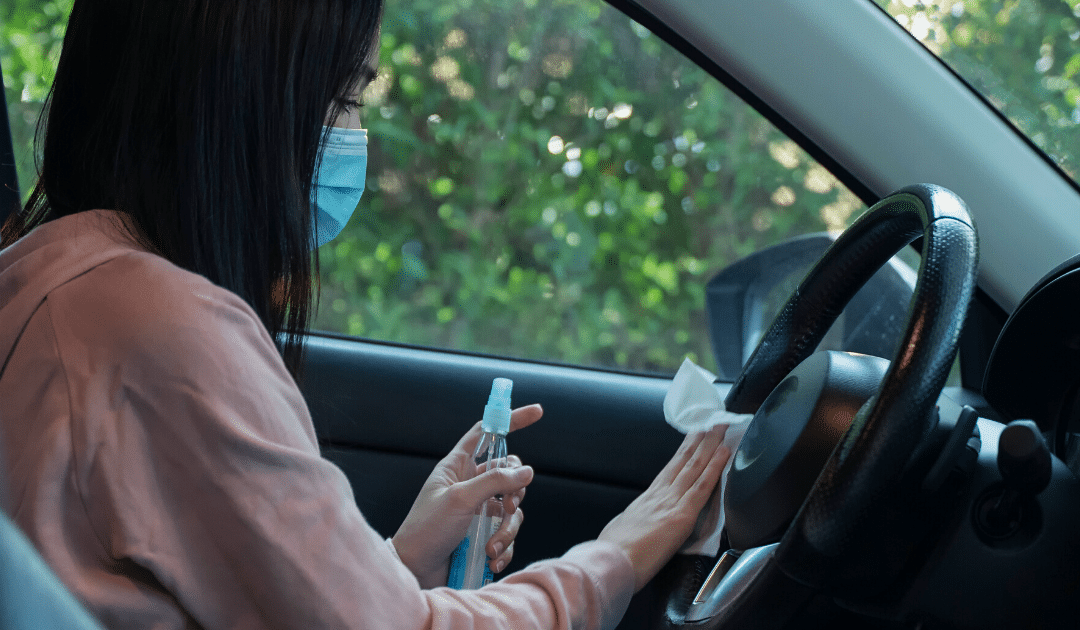
by California Casualty | Auto Insurance Info, Safety, Travel |
Whether you’re making the trek to visit relatives for the holidays or finally taking that delayed summer getaway, you may be getting ready to hit the open road again.
Of course, a road trip during a pandemic is quite different from our carefree road trips of the past. But with some prep work, some new safety habits, and a go-with-it attitude, you can still make your trip memorable and safe.
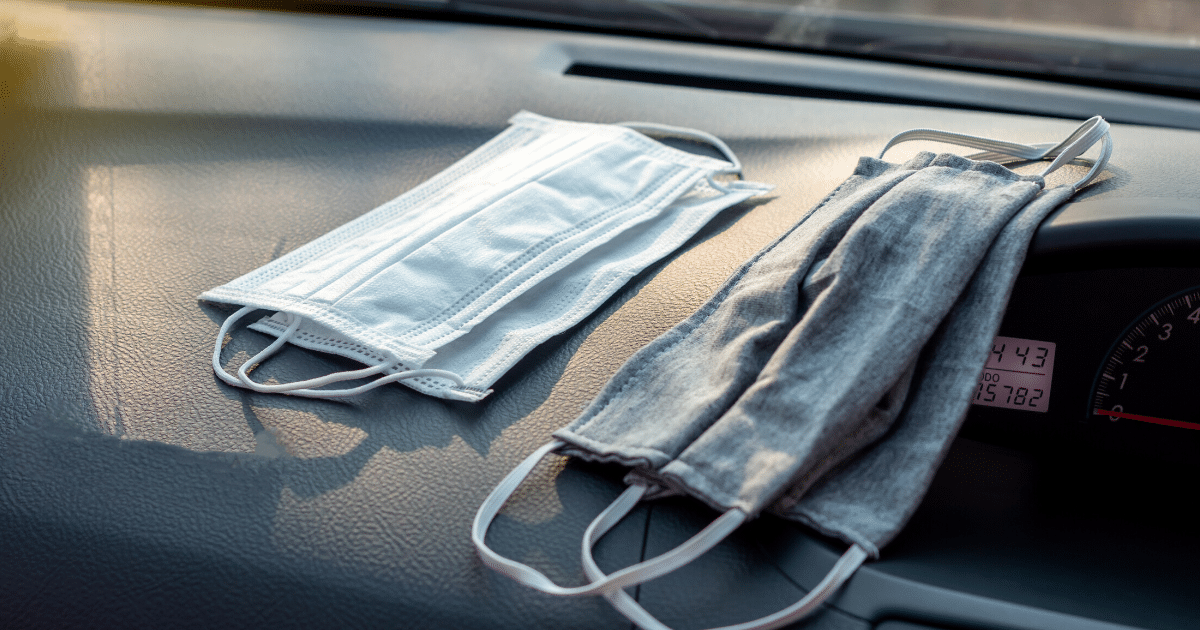
Service and Prep Your Vehicle
You want to be comfortable and safe on your trip, so put your mind at ease by giving your car a little love before heading out.
-
- Get it serviced. Schedule your car for a full service and inspection, which may include oil change, fluids check and top-off, tire check, brakes, etc.
- Double-check the emergency kit. Add, update, and replace items as needed. Use our handy essentials emergency kit article as your guide. Make sure it includes a first aid kit.
- Add Covid-specific supplies. Throw in extra masks, sanitizing wipes and gel (at least 60% ethanol or 70% isopropanol), and disposable gloves into your kit.
- Pack for comfort. Knowing you’ll be spending hours on the road, pack music, tablets, blankets, comfy shoes, and flip-flops, as well as jackets and easy-to-throw on layers. Sunglasses, stick-on sunshades, and sunscreen will help protect against all those UV rays (though not as hot in autumn, the rays can still do damage).
- Limit shopping along the way. Bring along things from home that you know are not contaminated, such as snacks, bottled water, medicine, phone chargers, and trash bags.
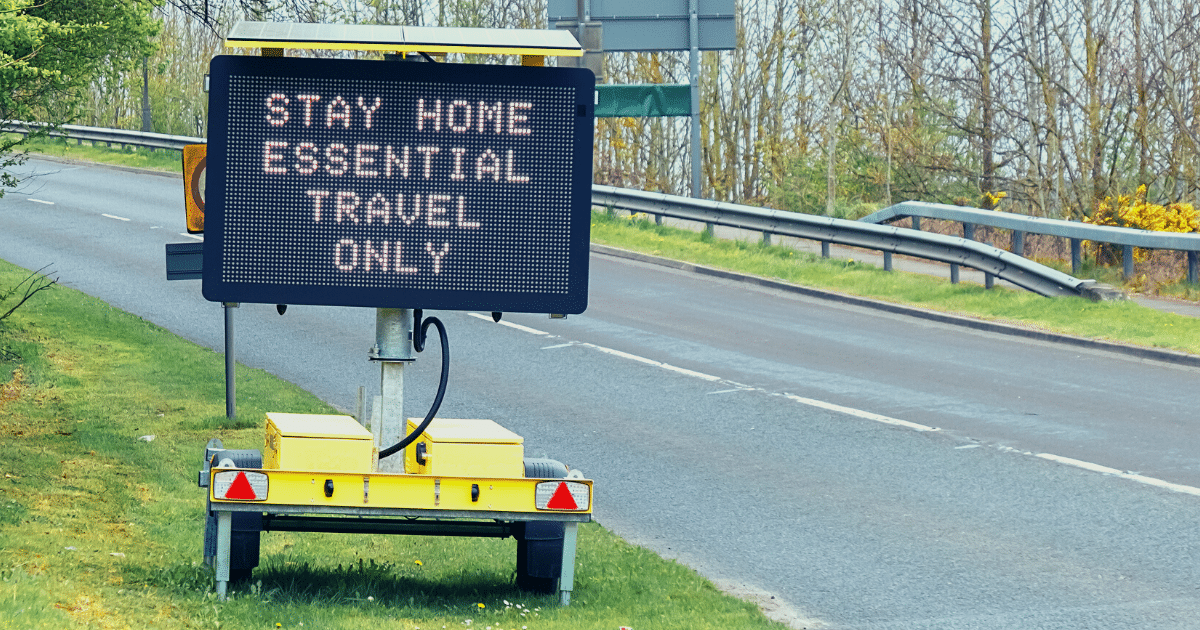
Plan It Out & Prep Ahead of Time
A lot has changed in the last several months, which means you’ll need to do a little more legwork ahead of your trip.
-
- Map out your route. Even if you’ve made this trip before, there may be unexpected closures along the way. Use a mapping app to get ahead of any problem areas.
- Check states and counties for Covid-19 case counts. Avoid traveling through areas with high breakouts or infection rates.
- Check travel restrictions for your destination and locations along the way. Some states and cities are requiring travelers from other areas to quarantine for 14 days upon entry (or are outright barring visitors).
- Before setting out, download one or two payment apps such as Apple Pay, Google Pay, Samsung Pay, and Android Pay to limit the number of germy PIN pads you have to touch.
- Have a plan in case you or a family member gets sick. This virus is wily, and sometimes sickness happens despite all your best prevention efforts. So have a contingency plan ready to go.
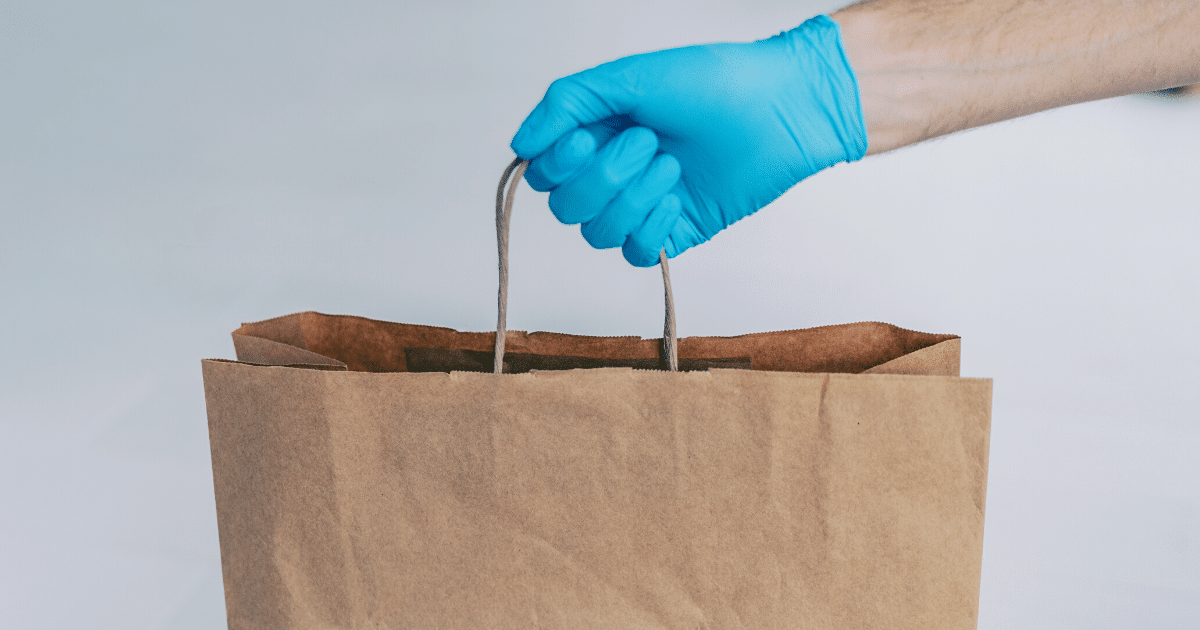
Have a Plan for Dining & Restaurants
Restaurants can be especially risky as hotspots for coronavirus transmission. Reduce yours and your family’s risk with these tips.
-
- Bring your own stash of non-perishable food in case of restaurant closures or limited dining options.
- Utilize drive-through, delivery, take-out, and curbside pick-up options if you want to reduce your exposure. Pack a family-sized picnic set (and blanket) ahead of time so you’ll have utensils and plates at the ready. Scout out parks or lakes where you and your family can eat.
- If a restaurant offers outdoor seating, choose that over sitting indoors. Bring coats and lap blankets if it’s chilly.
- If dining indoors, choose restaurants that maintain social distancing between tables indoors. Wear your mask as much as possible.
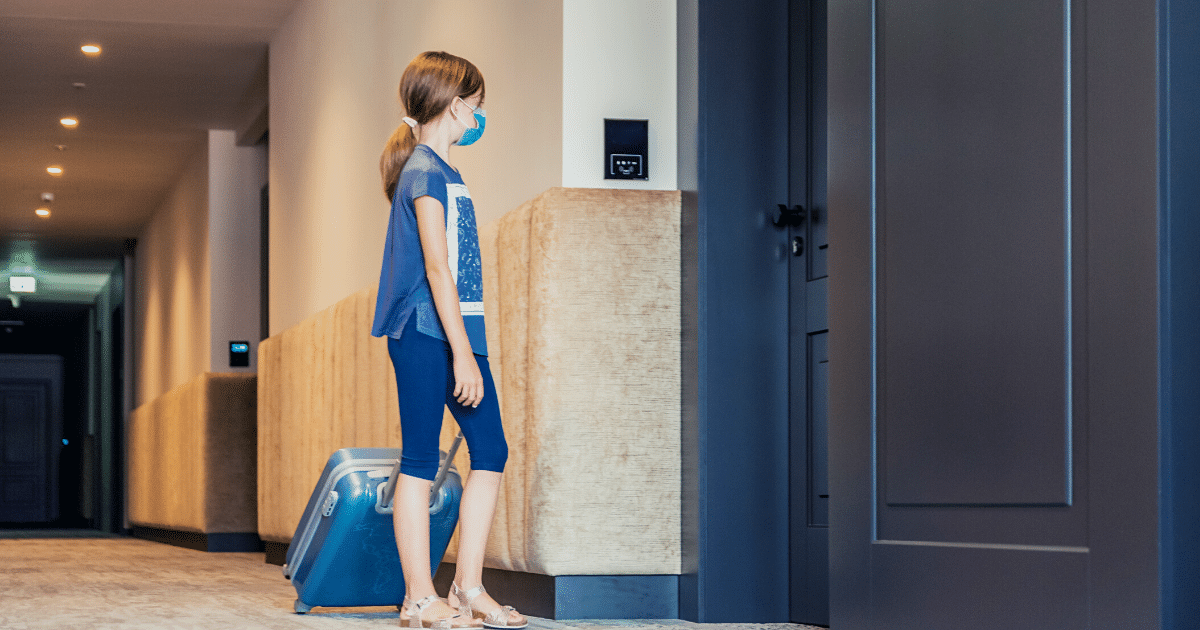
Know Your Game Plan for Hotels & Lodging
Because hotels are high-traffic areas, it’s important to take extra safety steps before, during, and after your stay.
-
- Research hotels and reserve in advance.
- Call ahead and ask about their policies on cleaning and disinfecting, as well as contactless check-in and check-out.
- Whatever the hotel’s stated cleaning policies, make sure you swipe high-touch areas in your room with disinfectant wipes: doorknobs and handles, bathroom fixtures and counters, light fixtures, TV buttons, and remote control, and any surface where you might put bags, computers, purses, etc.
- Ask the front desk to forgo housekeeping services, as it limits the number of people in your room.
- Minimize use of high-traffic areas such as lounge areas, dining areas, saunas, fitness centers, and salons.
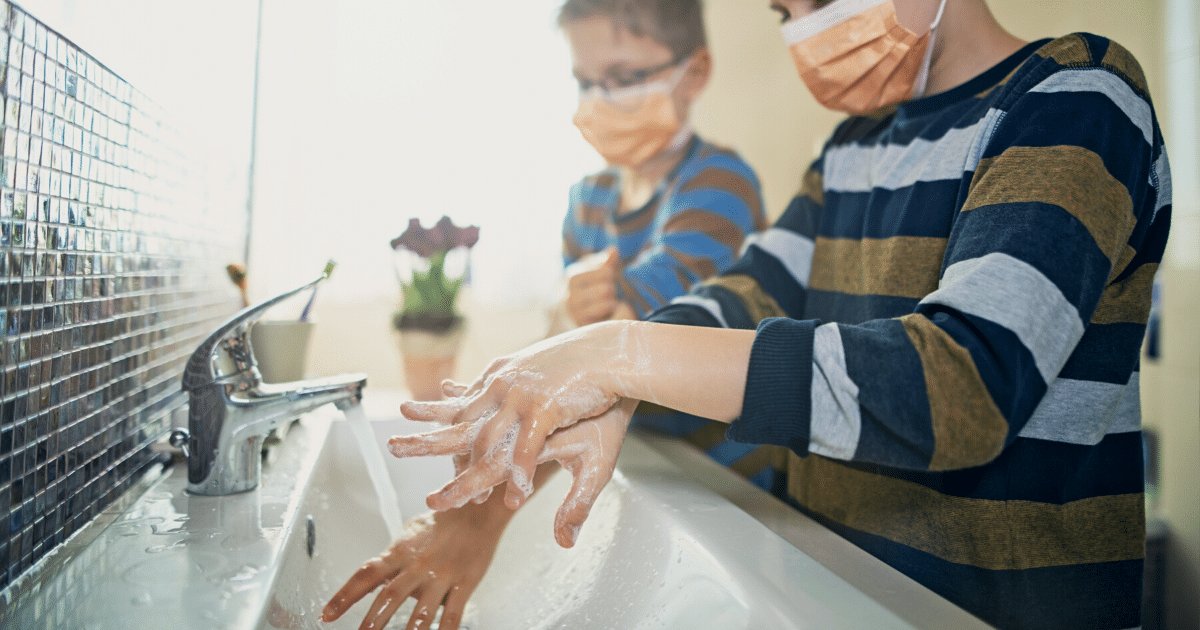
Must-Do’s for the Entire Trip
Make a habit of the following, and safety will soon become second nature.
-
- Follow the basics at all times: Frequent handwashing, mask-wearing in indoor public spaces (and outdoors where you can’t socially distance), and 6 feet distance between you and others outside your household.
- Limit the number of stops along your route.
- Use contactless payments wherever possible.
- Be cautious when touching fuel pumps – diligently use hand sanitizer after every use or use disposable gloves.
- Use hand sanitizer every time you enter your vehicle (same goes for family members), which will keep your vehicle’s interior clean.
- Wipe down your car’s interior every day – preferably multiple times. Especially germy surfaces include door handles, steering wheel, gear knob, stereo and temperature control dials, cup holders, and seatbelts.
- Have your whole family make a habit of wiping down their phones multiple times a day – phones may well be our most-touched item.
While road trips in 2020 may be nothing like those of the past, yours can still be something you and your family look back on with fondness, good feels, and probably some laughs as well.
This article is furnished by California Casualty. We specialize in providing auto and home insurance to educators, law enforcement officers, firefighters, and nurses. Get a quote at 1.866.704.8614 or www.calcas.com.
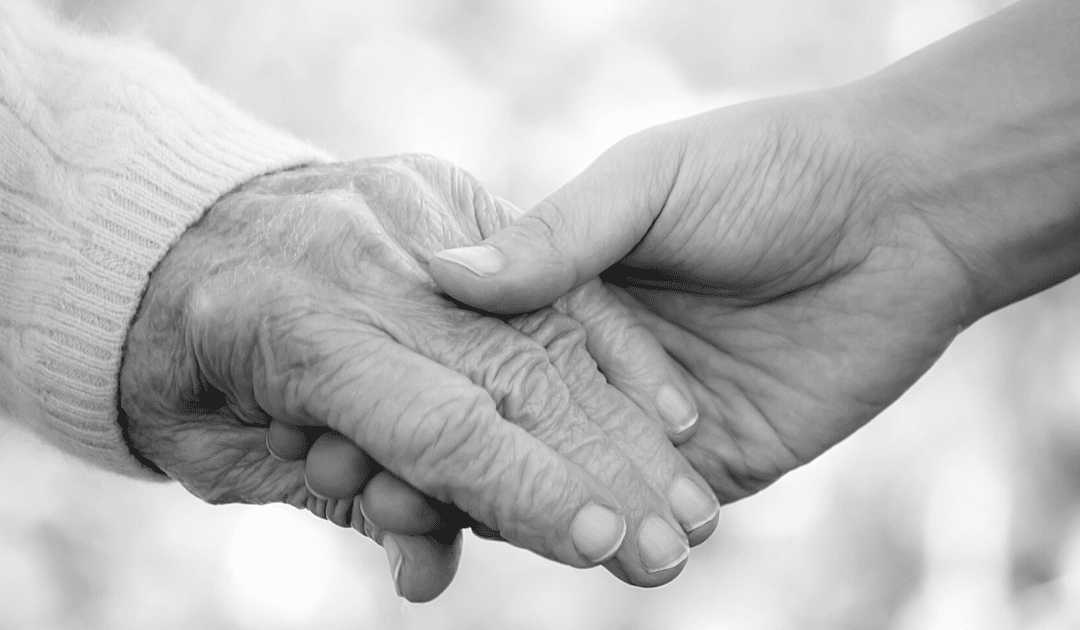
by California Casualty | Safety |
It’s no secret that 2020 has been a hard year for everyone- our friends, our community, our teachers, our first responders, our family, and the list goes on…
We are all figuring out how to live in this “new normal” together, and that can be stressful (and scary) at times, but that shouldn’t change our attitude towards our neighbors. You may not strike up conversations with strangers, tip with cash, or hold the door open while others pass you by anymore, but there are still many ways that you can continue to show kindness.
If there was ever a year to show true kindness- it’s 2020. You need it. Your neighbor needs it. The world needs it. Here are 8 easy ways you can be kind in 2020.
1. Wear Your Mask
Even if your state doesn’t have a mask mandate, do your part in helping stop the spread by wearing your mask when you are out and about. It may seem annoying or a nuisance, but you are doing your community a kindness and possibly saving lives by wearing it.
2. Take Care of Your Own Mental Health
There has never been a more mentally exhausting year than this. Between quarantines and the election and all else in between, you owe it to yourself to put your needs and your mental health first- get enough sleep, drink enough water, exercise, and take a mental break and do something that brings you joy.
3. Reach Out to Someone You Love
Call or Facetime a friend or relative you haven’t been able to see. Ask them how they are doing and have a long conversation. People, especially those older and more susceptible to COVID-19, are missing social interaction more than ever, and a simple phone call could make their entire day/week.
4. Get Some Socially Distant Fresh Air
Go on a walk, play in the back yard, or invite friends and neighbors to take part in a socially distant outdoor gathering before the weather becomes too cold. Not only does it give you a chance to catch up with friends and family, but Vitamin D in the sunshine is proven to help decrease depression.
5. Shop Local
Many mom and pops have already closed their doors and local businesses are hurting more than ever, thanks to COVID-19. If you find yourself shopping online try a local boutique instead of Amazon, a market instead of Walmart, and a family-owned restaurant instead of fast food. And don’t forget to tip! Due to a decrease in traffic, servers are also hurting.
6. Donate to a Food Bank or Shop for Someone
If you are healthy and have the ability to go to the store, ask someone in your community, who is more susceptible to getting sick, if you can pick up groceries for them. Or buy extra groceries when you go to the store and drop them at your local food bank or shelter.
7. Adopt a Furry Friend
Show yourself and an animal kindness by making the choice to adopt a shelter pet. Having a pet is a lot of responsibility (so please only adopt if you have the means to do so), but it is so worth it. Due to lockdowns, many people have been left completely alone in their homes without anyone to talk to. A pet will not only love you unconditionally, but they lift your spirits and let you know that you are not alone.

8. Don’t Forget to Show Your Appreciation
Everyone in your community is working hard to keep themselves and others safe, while continuing to make a living. Say “thank you” to the clerk at the grocery store, the food delivery person, the teacher working hard teaching remote, the healthcare workers, and first responders you see after their shift, etc. These people have been working hard and non stop since the pandemic began to serve others, and your few words of appreciation mean more than you know.
For other ideas on showing kindness, check out our Easy Random Acts of Kindness blog here.
This article is furnished by California Casualty. We specialize in providing auto and home insurance to educators, law enforcement officers, firefighters, and nurses. Get a quote at 1.866.704.8614 or www.calcas.com.
by California Casualty | News |
We have amazing employees at California Casualty. The Employee Spotlight is a new series aiming to highlight those talented individuals that make up our successful company culture and community. From human resource recruiters and learning and development trainers to claims adjusters, marketers, customer support specialists, partner relations, sales representatives, and beyond; each week, we’ll highlight a new team member, so you can get to know us better and see how our employees make us who we are as a company.
This edition of the Employee Spotlight will feature Senior Field Marketing Manager, Sandra Clemons-Butler
Sandra has been with us for a whopping 28 years and works remotely for our Partner Relations team.
Let’s get to know Sandra!

What made you want to work as a Field Marketing Manager for California Casualty?
28 years ago, I had newly relocated from VA. to CA. and was seeking a career in sales and marketing, as I had come from that background. I interviewed and really liked the company’s code and their approach to relationship building and teamwork.
From that point on, I knew that CalCas was where I was meant to be.
What is your favorite part about your job?
My favorite part about my job is easily the relationships that I forge in the field.
I also enjoy the freedom of setting my own schedule and interacting with different people, each day. I also enjoy the diverse group of people I come in contact with daily on the job.
What have you learned in your position at California Casualty?
I have learned all kinds of things in my years at CalCas, but this year has been a completely different ballgame and I’ve learned more than ever before. From creative communication, discipline working at home, to Zoom presentations, and all else (virtually) in between!
What are your favorite activities to do outside of the office?
Cooking is one of my favorite pastimes. I enjoy watching cooking shows and trying new and healthy meals at home. Friends even depend on me to cook something whenever they stop by! I am absolutely not a baker, but I can whip up quick savory meals that always pleases everyone.
Anything else you would like the audience to know about you?
I am the youngest of 3 girls, first to go away to college in my family, first to graduate college in my family, AND first to move across the country in my family.
I’m a divorced/single mother of 2 kids (boy & girl).
I’m a Pescatarian (eats fish/seafood only) and have been since the age of 17.
A few more random facts include- I enjoy meeting new people, ( and rarely meet a stranger), I love high fashion and to exercise, I pride myself on being a good friend. One of my personal mottos is to love deeply and always be the first to forgive.
If you want to learn more about Sandra or are interested in a career at California Casualty, connect with her on LinkedIn! Or visit our careers page at https://www.calcas.com/careers
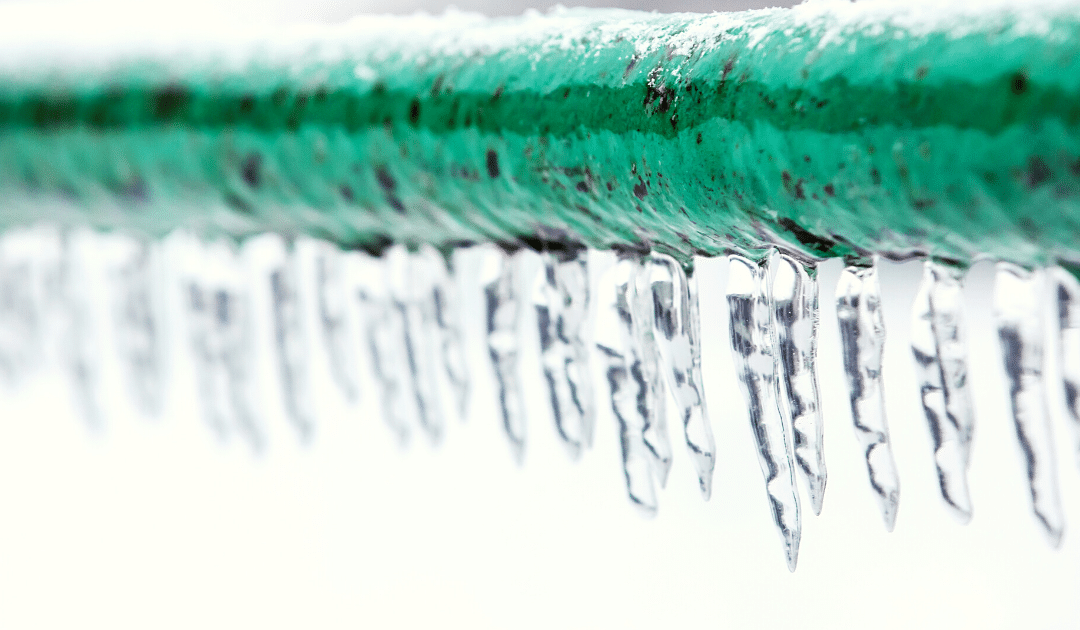
by California Casualty | Homeowners Insurance Info |
Water expands when it freezes. This simple law of nature underlies all the damage, repair costs, and headaches associated with frozen or burst pipes.
The pressure of expanded, frozen water in your pipes can cause bulges, cracks, and burst joints, leading to leaks, flooding, and other expensive damage to your home.
By using the checklist below, you can take steps to prevent issues inside and outside your home and be ready to act if you suspect a frozen pipe.
Interior Checklist – Protect Pipes Inside Your Home
Use this list to take steps around your home to prevent frozen pipes.
-
- Keep interior doors open – Open bathroom and kitchen cabinets to let warmer air circulate around the pipes.
- Close the garage – If you have water lines in the garage, make sure the door’s closed so they stay warmer. Consider adding insulation to them if they’re accessible.
- Seal gaps – Seal up holes and cracks where pipes run through floors or walls to keep cold air from getting in and cooling the pipe. You can use caulk or spray foam insulation. If possible, seal from both the outside and inside.
- Add extra insulation – Attics, basements, and crawl spaces are typically cold, so adding insulation will keep temps up a bit. Fitting exposed pipes with foam rubber or fiberglass can be an easy and inexpensive option.
- Allow a drip – Letting cold water drip from the faucet (especially of exposed pipes) will help prevent pipes from freezing. A trickle is all you need.
- Keep the heat on – Especially during especially cold spells. Keep thermostat set to the same temp both day and night. A slightly higher heating bill for this short time is preferable to potential repair and damage costs.
Exterior Checklist – Protect Pipes Outside Your Home
After surveying your home’s interior, take this checklist outside.
-
- Hose patrol – You’ll need to remove, drain and store outdoor hoses. Shut off water to outdoor faucets, then turn on the faucet so any remaining water drains. Disconnect hose from the faucet, coil it into a 2-foot diameter loop, and store inside to protect from extreme temperatures.
- Drain the swimming pool – Drain the pool, pool water supply lines, and the sprinkler supply lines. Make sure to follow the manufacturer’s instructions and never use antifreeze in the lines.
- Consider heat tape – Heat tape is the umbrella term for a variety of cords and cables that you can use to insulate outdoor pipes to keep them from freezing. They can also be used to prevent ice dams in your gutters. There are self-regulating and thermostat-controlled models, and all are customized to the pipe(s) you’re protecting. If you go this route, make sure to do your research and follow the manufacturer’s instructions exactly.
If You Suspect a Frozen Pipe
Vigilance during cold weather is key, as you can often head off the worst damage if you catch a freeze in time. Here’s how to thaw a suspected frozen pipe:
-
- Locate the problem pipe – If you turn on a faucet and get no water or only a trickle, the pipe it’s connected to may well be frozen.
- Open the faucet – This will relieve the pressure on the pipe as you thaw it. If the faucet has handles for both warm and cold water, open both.
- Apply heat – Always start at the faucet and work down the pipe. Depending on the location of your pipe, use an electric hair dryer, portable space heater, towels soaked in hot water, or an electric heating pad (NEVER an open flame) to gently warm it back up. Have a family member watch for activity at the faucet. Apply heat until the full water pressure is restored.
- Check other pipes – Depending on how your plumbing system is set up, one frozen pipe may mean several (if they’re connected). Check all that you can and repeat the above process for any that are frozen.
Not only can frozen pipes cause expensive structural damage to your home but they can also cause health and safety issues for your family, pets, or livestock by cutting off your freshwater supply.
Use the above tips before and during cold weather events to keep your home and family safe. Check out more tips on preventing frozen pipe here.
This article is furnished by California Casualty. We specialize in providing auto and home insurance to educators, law enforcement officers, firefighters, and nurses. Get a quote at 1.866.704.8614 or www.calcas.com.
by California Casualty | News |
We have amazing employees at California Casualty. The Employee Spotlight is a new series aiming to highlight those talented individuals that make up our successful company culture and community. From human resource recruiters and learning and development trainers to claims adjusters, marketers, customer support specialists, partner relations, sales representatives, and beyond; each week, we’ll highlight a new team member, so you can get to know us better and see how our employees make us who we are as a company.
This edition of the Employee Spotlight will feature Senior Field Marketing Manager, Diedre Templeton
Dee Dee has been with us for 10 years and works remotely for our Partner Relations team covering parts of Oregon, Montana, and Washington.
Let’s get to know Dee Dee!

What made you want to work as a Field Marketing Manager for California Casualty?
I had heard of the great reputation California Casualty had within the industry. The longevity of the employees speaks volumes to me.
Strong leadership where management wants people to be successful and gives us the tools to be successful.
What is your favorite part about your job?
I love working with our different groups we insure. I take our slogan “We Protect American Hero’s” seriously. It’s really inspiring to work with people daily who impact other’s lives.
I love that the employees of California Casualty take excellent care of our policyholders. They generally care about them. I am proud to work for such a fine company with a great reputation!
What have you learned in your position at California Casualty?
Follow through with what you say you will do.
Customer service is very important!
What are your favorite activities to do outside of the office?
I like anything having to do with the outdoors! Hiking, camping, biking.
We have a small boat that we take out every chance we get. (weather permitting here in the PNW)
Anything else you would like the audience to know about you?
I have been married for 20 years and I have 3 great kids!
My oldest son has identical twin boys…. It’s so hard to tell them apart!
I live in Vancouver Washington for over 20 years but my territory covers Oregon, Montana, and Idaho.
If you want to learn more about Dee Dee or are interested in a career at California Casualty, connect with her on LinkedIn! Or visit our careers page at https://www.calcas.com/careers








